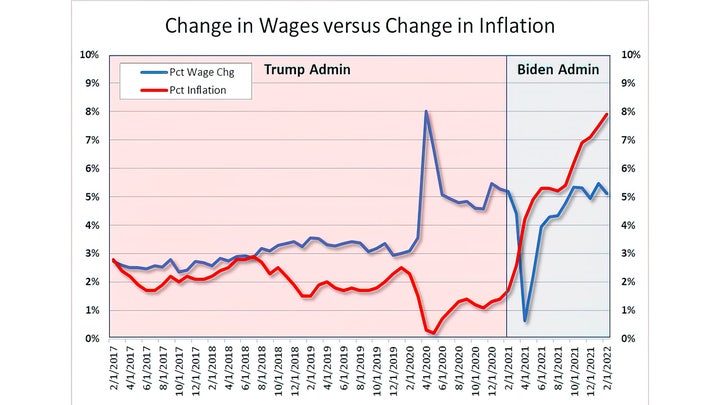With oil prices at record lows some Members of Congress have floated the idea of raising the federal gas tax to make up for lost revenue.
Today, Paul Ryan put the kibosh on the proposal.
“We won’t pass the gas tax,” Ryan, a Wisconsin Republican, said to members of the media outside a GOP policy retreat in Hershey, PA.
Ryan’s pronouncement likely quashes the idea that Congress will pass legislation during his tenure as chairman of the tax-writing Ways & Means Committee.
This won’t make the social engineering crowd happy.
According to a piece at Newsweek in support of imposing a higher gas tax, “Whenever you impose a new and unanticipated tax, some part of the existing capital stock becomes less valuable than it was before.” “Adding, say, 50 cents to a gallon of gasoline makes preexisting gas guzzlers, homes in the suburbs and oil-based home heating systems worth less than before.”
“Conversely, when oil prices fall, fuel-efficient cars, homes in city centers and public transit investments all drop in value. This can lead to economic waste: under-used automobiles, unrented homes and empty subways,” complains the author.
Note that the compacted urban lifestyle preferred by liberal social planners is the vision that suffers from low gas prices, while the middle class lifestyle experienced by millions of Americans benefits.
Raising taxes to force people to become public transit-riding renters instead of car-driving homeowners isn’t very popular when put in these terms.
Kudos to Chairman Ryan for putting this idea to rest.




 CFIF Freedom Line Blog RSS Feed
CFIF Freedom Line Blog RSS Feed CFIF on Twitter
CFIF on Twitter CFIF on YouTube
CFIF on YouTube